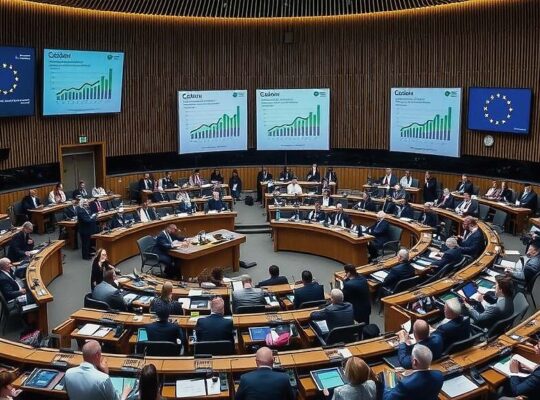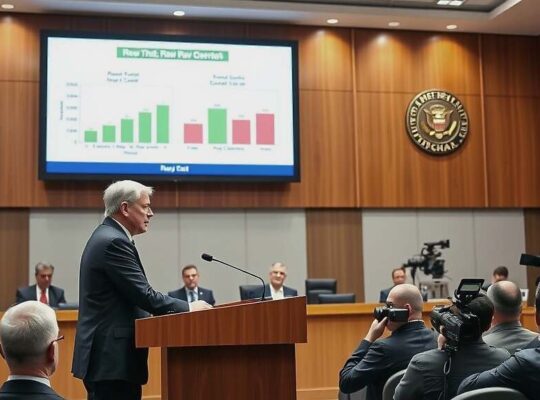Concerns are mounting over the long-term sustainability of Germany’s pension system, with differing perspectives emerging from political factions and generational advocates. Johannes Winkel, chairman of the Young Union, has publicly criticized the government’s current pension policy, arguing it significantly restricts the scope for future generations. He has voiced support for a proposal championed by Economics Minister Katarina Reiche regarding an extension of the working lifespan, asserting its necessity and advocating for an end to early retirement programs, drawing comparisons to the reforms of the 2010 Agenda.
The government is slated to finalize a cabinet decision this Wednesday aimed at stabilizing the pension level at 48 percent of average income until 1931 and expanding the “mothers’ pension” benefit. However, Winkel argues this approach overlooks the substantial future burden on state finances as the “Boomer” generation enters retirement from the 2030s onward. He raises questions about whether younger generations will face choices between pension supplements and interest payments, potentially hindering their own investment opportunities.
Franziska Brandmann, chairwoman of the Young Liberals, has sharply condemned the proposed pension package, accusing the ruling coalition of contradicting campaign promises of generational fairness. She contends the current plan represents the opposite of a necessary shift in pension policy.
Further amplifying these anxieties, Luise Roither, executive director of the Foundation for the Rights of Future Generations, expressed continued uncertainties surrounding the system’s financing. She highlighted the existing pressures on younger generations, including skills shortages, proliferating special-purpose funds and rising contribution rates. While acknowledging the potential fairness of the “mothers’ pension” in individual cases, Roither maintains its systemic impact is regressive, as it increases payments for births prior to 1992 without contributing to the system’s long-term viability. She emphasizes the importance of stable pensions but cautions against imposing further financial obligations on future generations who will be responsible for contribution and tax payments.












